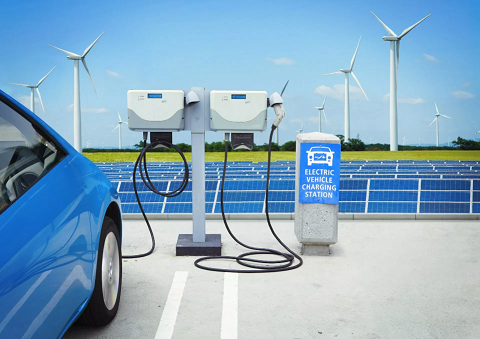
DRBC Postpones Vote on Gibbstown LNG Terminal
September 19, 2020
Public Opposition to Gibbstown LNG Export on Delaware River Explodes
December 5, 2020By Richard W. Jones, Centre Daily Times, October 11, 2020
The bill to block PA from regulating carbon – and thus block PA from participating in RGGI has not yet passed by the PA Senate and Gov. Wolf has said he will veto it. RGGI is a specific regional effort and there are definitely federal efforts possible that will be wider if there is political will.
Read more on the Regional Greenhouse Gas Initiative (RGGI).
Nearly three-quarters of Pennsylvania voters favor the state’s entry into the Regional Greenhouse Gas Initiative (RGGI), a multi-state partnership aimed at reducing the production of carbon dioxide from power plants.
That is based on a poll of 659 registered voters in Pennsylvania taken between September 8 and 11 on behalf of the Yale Program for Climate Communication. The margin of error is four percent.
Fully 70 percent of those polled said they supported “regulations to reduce carbon dioxide pollution from power plants in Pennsylvania.” And 77 percent back a requirement to have power plants generate 30 percent of their electricity from renewable resources, such as wind and solar, by 2030.
On the question of job production, 48 percent felt that a greater number of good jobs for Pennsylvanians would be created by increasing production of renewable energy such as wind and solar. Thirty percent believe that boosting production of fossil fuels such as gas through fracking would lead to a larger number of good jobs. Twenty-two percent were unsure.
Slightly over half of those polled were unfamiliar with the Regional Greenhouse Gas Initiative to control CO2 emissions, the prime driver of climate change. Pennsylvania is considering becoming a member of RGGI, joining all New England states plus New York, New Jersey, Maryland, and Delaware.
The RGGI plan sets a cap on the amount of carbon pollution power plants may emit. If they exceed the limit, power plants must buy “permits” from the state. The permit money is then reinvested in renewable energy projects.
After RGGI was explained to those polled, 72 percent said Pennsylvania should join. Three quarters felt it would have a positive impact on air quality in the Commonwealth. By significant majorities, the sample said that RGGI membership would have beneficial effects on climate change, Pennsylvanians’ health, and the state’s economy.
Those polled were asked, “If your state representative supported Pennsylvania participating in the Regional Greenhouse Gas Initiative would you be more or less likely to vote for them, or would it not impact your vote either way?” Twenty-two percent said they would be “much more likely” to vote for them, 34 percent said “somewhat more likely,” 9 percent were “somewhat less likely,” 11 percent said “much less likely” and 24 percent said it would have “no impact either way.”
By the poll numbers, it appears there is broad support for Pennsylvania’s entry into RGGI. The issue has been a political football. In 2019 Democratic Governor Tom Wolf signed an executive order to have the Commonwealth join RGGI by 2022. In July of this year, the GOP-dominated House of Representatives passed a bill to prevent the state from joining RGGI through executive order and sent it to the Senate. Wolf has said he would veto it.
The state Department of Environmental Protection estimates that RGGI membership would prevent 180 million tons of CO2 pollution by 2030. PennEnvironment’s Research and Policy Center says that if Pennsylvania joins RGGI it would create 27,000 jobs and boost the economy by nearly $2 billion in the next decade.
One criticism of RGGI is that it impacts only emissions from power plants. It does not, for example, affect emissions from transportation or manufacturing. Broader initiatives, such as the Energy Innovation and Carbon Dividend Act, now before Congress, would sway all sectors of the economy.




